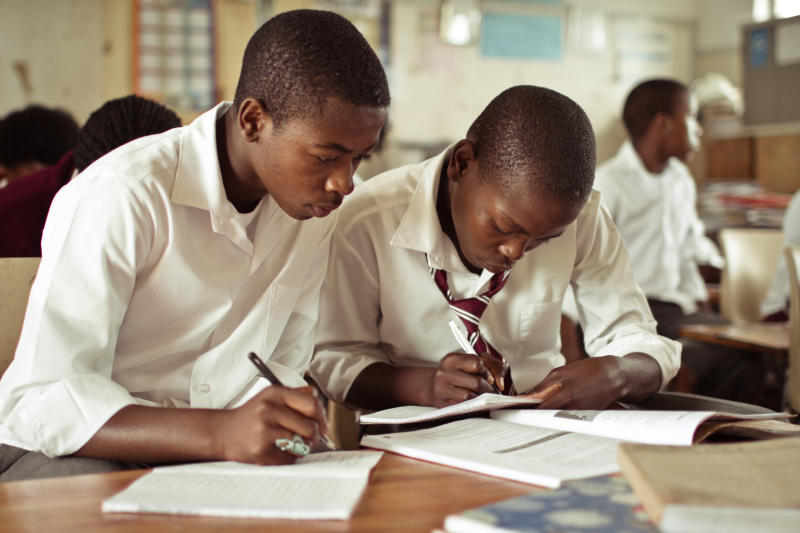×
The Standard e-Paper
Stay Informed, Even Offline

Most adolescents prefer being in school to being home with their parents or guardians.
According to research led by the presidential Policy and Strategy Unit (PASU), most adolescents find school a safe haven from domestic violence and emotional abuse at home. They also enjoy the benefits that school comes with; which includes access to food and interaction with peers.







